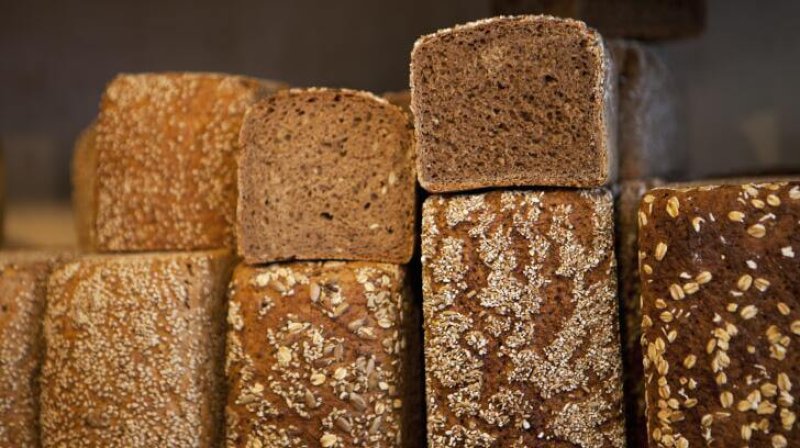While the UK is still very much in the experimental stage of creating gene-edited foods, elsewhere in the world they are already becoming available to consumers
At Rothamsted Research in Harpenden, there is a set of greenhouses which offer a glimpse of the future. Inside lies a line of wheat plants which have been genetically modified in the hope of creating the world’s first anti-cancer bread.
Since 2015, crop scientist Nigel Halford and his team have been using genome-editing technology to tweak the wheat plant’s DNA so that it produces less of an amino acid called free asparagine. The problem with free asparagine is that when cooked at a high temperature, it can lead to the formation of a chemical known as acrylamide which in turn has been linked to cancer.
Scientists at the John Innes Centre in Norwich are working on a broccoli which offers improved blood glucose control, while researchers in the US are developing gene-edited soy beans which contain fewer saturated fatty acids and produce fewer hazardous chemicals when fried.































